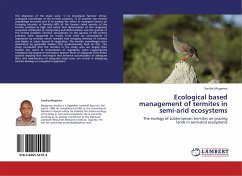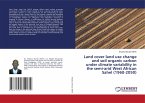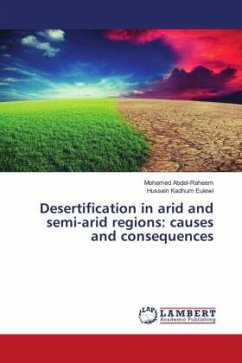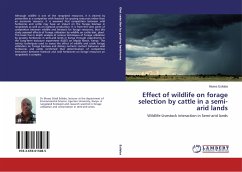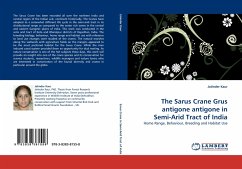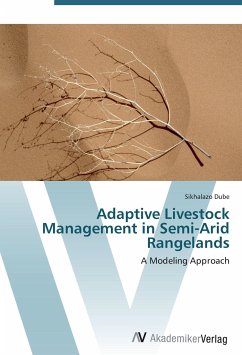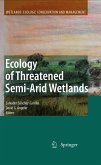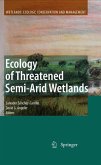The objectives of the study were: 1) to investigate farmers ethno-ecological knowledge of the termite problem, 2) to examine the termite assemblage structure and 3) to analyze the effect of ecological factors on foraging intensity of termites. 60% of the farmers rated severity of the termite problem as high and noted that deterioration of the rangeland ecosystem attributed to overgrazing and deforestation was the genesis of the termite problem. Farmers perceptions on the genesis of the termite problem were supported by results from trials on consumption of vegetation by termites which revealed that foraging intensity of termites was higher in areas cleared of vegetation. The termite assemblages were dominated by generalist feeders that predominantly feed on liter. The study concluded that the termites in the study area are largely litter feeders but resort to consumption of vegetation when inappropriate rangeland management techniques deprive them of adequate feed (litter) sources implying that techniques that enhance accumulation of adequate litter and maintenance of adequate basal cover are critical in mitigating termite damage on rangeland vegetation.
Bitte wählen Sie Ihr Anliegen aus.
Rechnungen
Retourenschein anfordern
Bestellstatus
Storno

